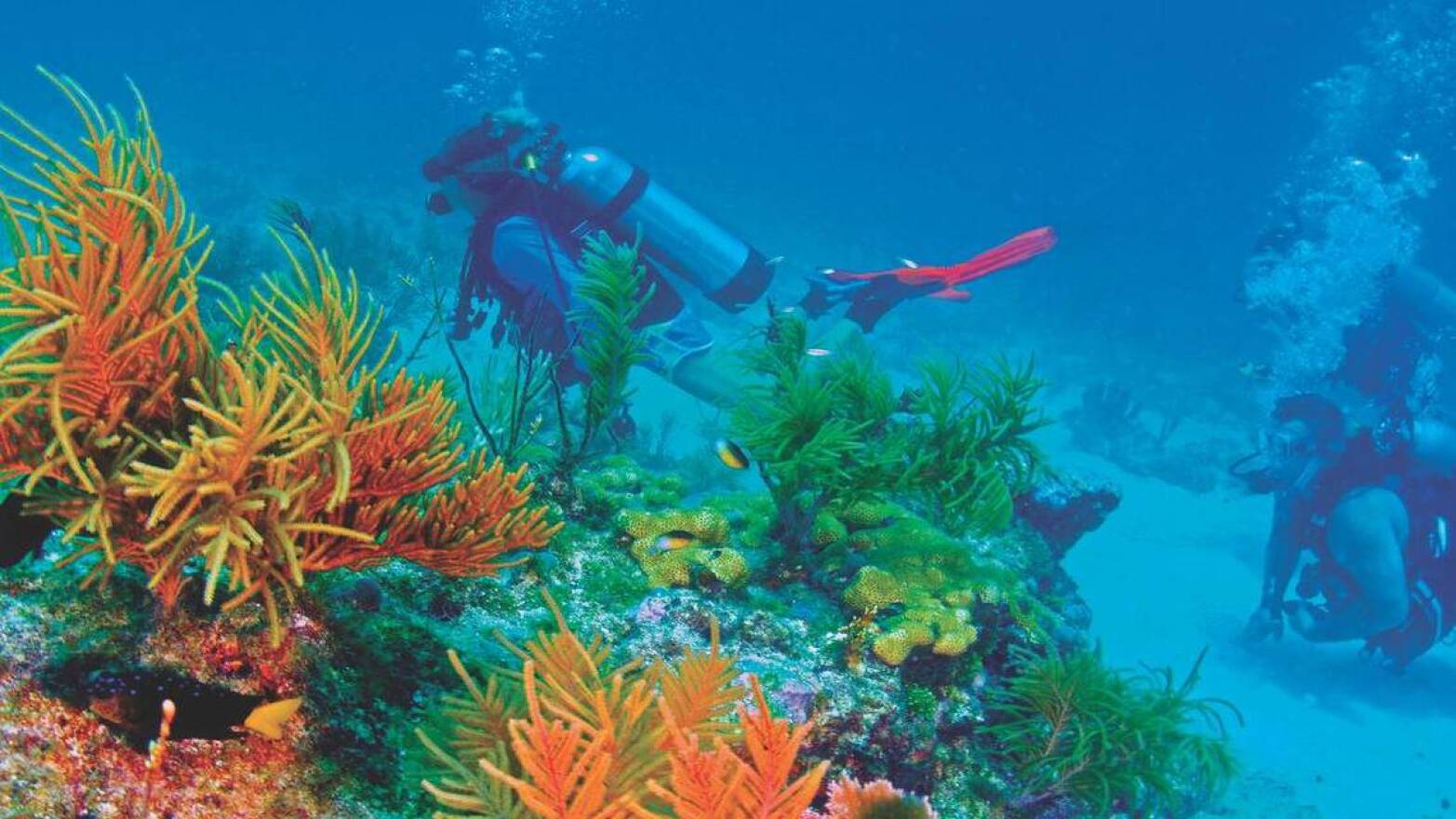Although scuba diving might seem like a great adventure and snorkeling a stress-free, almost Zen-like activity, both still carry certain risks. In the last month, five people died in separate diving and snorkeling incidents in the Florida Keys. All but one were over the age of 55.
The deaths highlight the challenges faced by older enthusiasts of an activity many experts call an "aging" sport.
"They're coming back into the sport they once loved or they're new to the sport and they're crossing it off a bucket list," says Tec Clark, associate director for aquatics and scuba diving at Nova Southeastern University.
South Florida is one of the few places in the world where scuba divers and snorkelers can reach a coral reef just by swimming out a few yards from shore. That's one reason those sports are so popular here with people of all ages.But experts point out that divers and snorkelers aged 50 and older have a little more baggage than they did in their youth. The Divers Alert Network (DAN), a leading dive-safety organization, says the most important medical consideration for all divers and snorkelers is the soundness of their cardiovascular system and lungs, both of which weaken with age.
Of the recent deaths in the Keys, three occurred during a snorkeling trip. That might come as a surprise to many people because, unlike diving, snorkeling requires no special training, equipment or certification. Experts say that viewing snorkeling as an easy activity can be dangerously misleading. For one thing, the exertion of trying to swim out of a rough current often leads to exhaustion, no matter what shape you're in or how old you are.
Also, even if your snorkel is unobstructed, sometimes there's no guarantee that you're getting all the oxygen you need. To get a sense of what the challenges are, Clark suggests pinching your nose, breathing through a tube and running up and down a flight of stairs."You will not catch your breath as easily," says Clark. "This is what leads to greater levels of carbon dioxide in the individual, which then leads to this feeling that they can't breathe." And that shortness of breath can cause panic or respiratory or cardiac distress.
When it comes to diving- or snorkeling-related injuries or death, an overweight, out-of-shape millennial might be just as much at risk as a baby boomer. So Clark has two rules of thumb for all age groups: First, be aware of surf conditions and currents, as they often dictate how strenuous the activity will be. He also recommends regular health screenings, in which the doctor is informed beforehand of the intention to dive or snorkel.
"These two things are imperative to the aging diver who still wants to enjoy the underwater world," he says.
Copyright 2020 WLRN 91.3 FM. To see more, visit WLRN 91.3 FM. 9(MDAyMTYyMTU5MDEyOTc4NzE4ODNmYWEwYQ004))








